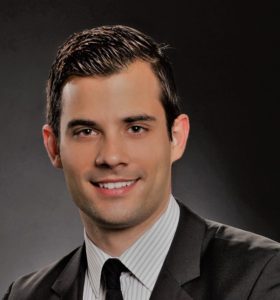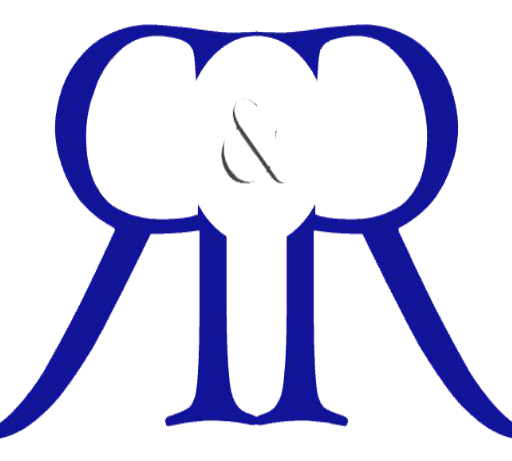
Avoiding Money Mistakes at Your Business
Money is an important aspect of any business. Making mistakes and mismanaging your company’s finances is a quick way to put your business in trouble. Here are some common money mistakes that small business owners make and some tips for what you can do to avoid them.
Lack of Cash Reserves
Raising money for your business is tough, but it’s important to raise enough funds so that you have adequate cash reserves. Emergencies happen and unexpected expenses certainly occur. Even if you’re following your budget and your business plan perfectly, you could still end up needing cash suddenly without much notice. Therefore, it’s always a good idea to have a bit extra just in case.
If you need some tips on how to raise money, read our article on How to Find Investors for your Business.
Spending Too Much
It goes without saying that spending too much can get you into money trouble, and that’s true for businesses as well. When many small businesses start out, they spend significant dollars on business cards, signage, marketing materials, printing, vehicles, excess inventory, and more. While, of course, it’s necessary to spend money to get your business off the ground, you need to be very careful with how you spend your money. It takes most businesses a long time to reach profitability, so it’s important to keep spending under control until you reach that point.
Before spending any money, take a look at your current financial situation, do an analysis to determine if you really need the item or service you’re planning on purchasing, and then determine if it’s worth the money. In general, it’s a good idea to try to put off as many unnecessary expenses as possible until your company is on a strong financial footing.
Mixing Business Finances with Personal Ones
It’s easy to blur the line between business and personal finances, but keeping these accounts separate is crucial. If you have one credit card or one bank account that you use for both your business and your personal life, that makes it considerably more difficult to analyze your business finances, handle your accounting, and do your taxes.
Have separate business and personal credit cards and separate bank accounts, so you can easily track cash flow and spending. Keep your business books and records away from your personal finances. Then, when you’re trying to calculate how much your business has spent this quarter or determine which business expenses you can write off on your taxes, you’ll have a much easier time of doing so.
Being Unorganized
Organization is critical when you’re managing a business. Not only do you need to keep track of what you spend, but you’ll also need an organized system for managing money that’s coming in. Without an organized accounts receivable system, it’s easy to lose track of money that is owed to you.
Having a system in place that lets you clearly see what money is owed to you and when you can expect it to come in will make budgeting much easier. Plus, if you’re organized, it’s easier to stay on top of clients who are late with payment, so you don’t end up losing money.
Not Being Prepared for Taxes
There are several points to consider when it comes to business taxes. The first is making sure that you have a rough idea of how much you are going to owe, so you can put that money aside. If you are surprised by your tax bill, and you can’t pay it when it’s due, you could quickly find yourself in financial trouble due to interest charges and penalties.
It’s also critical to take the right steps throughout the year to reduce your tax liability and to put your business in an optimal tax situation. Working with an experienced Chartered Professional Accountant can help. At Ralevic & Ralevic LLP, we can work with you to develop an optimal money and tax strategy for your business and help you understand and manage your cash flows and tax planning needs. Read more about our business tax planning services to see how we can help.








